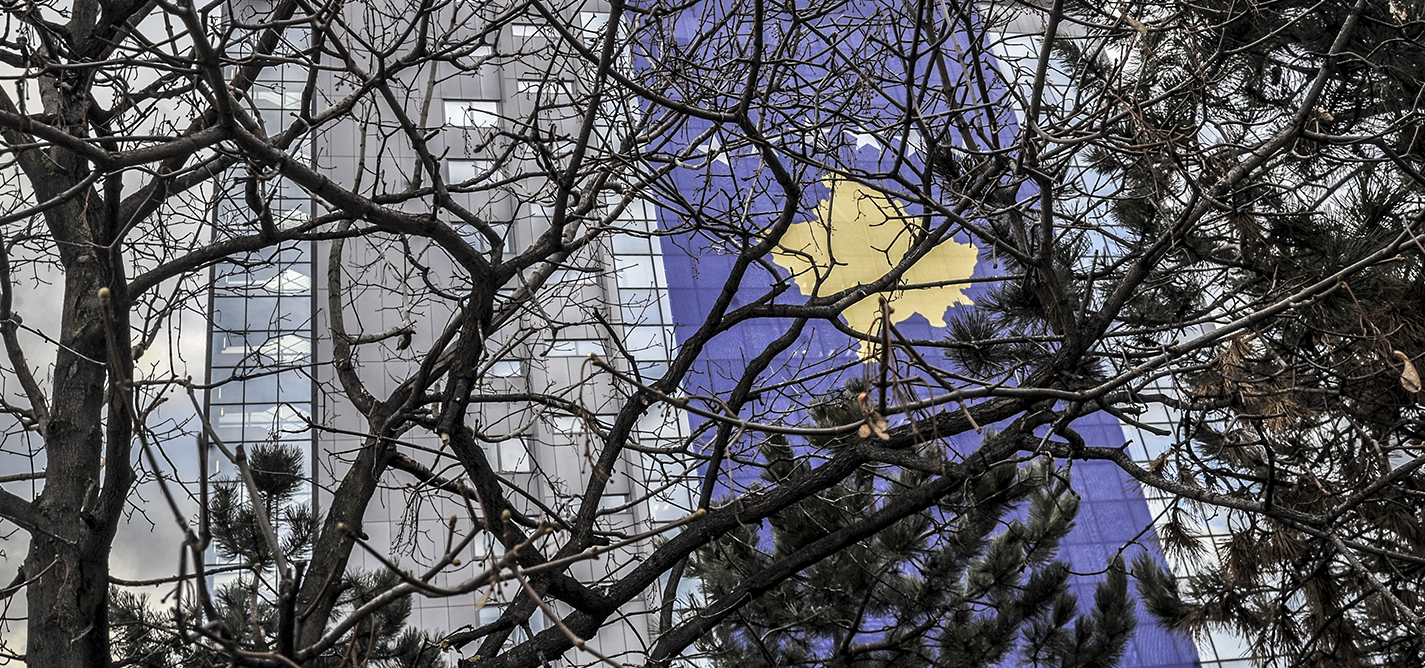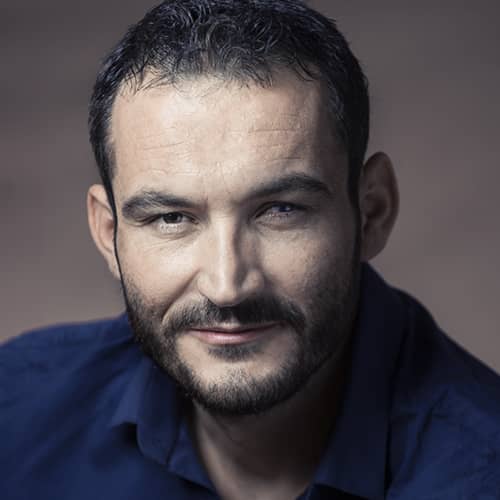
Is Kosovo’s international love affair coming to an end?
Political reaction to this week’s EU enlargement strategy shows marked shift in tone.
“This is an unbalanced approach and favors Serbia.”
Enver Hoxhaj, deputy prime minister“This approach can change if in the future Kosovo conditions the EU in the dialogue process with Serbia."
Donika Emini, international peace and security researcher
Eraldin Fazliu
Eraldin Fazliu is a former journalist at Kosovo 2.0. Eraldin completed his Master’s on ‘European Politics’ at the Masaryk University in the Czech Republic in 2014. Through his studies Eraldin became interested in the EU’s external policies, particularly in promotion of the rule of law externally. He is a passionate reader of politics and modern history.
DISCLAIMERThe views of the writer do not necessarily reflect the views of Kosovo 2.0.
This story was originally written in English.